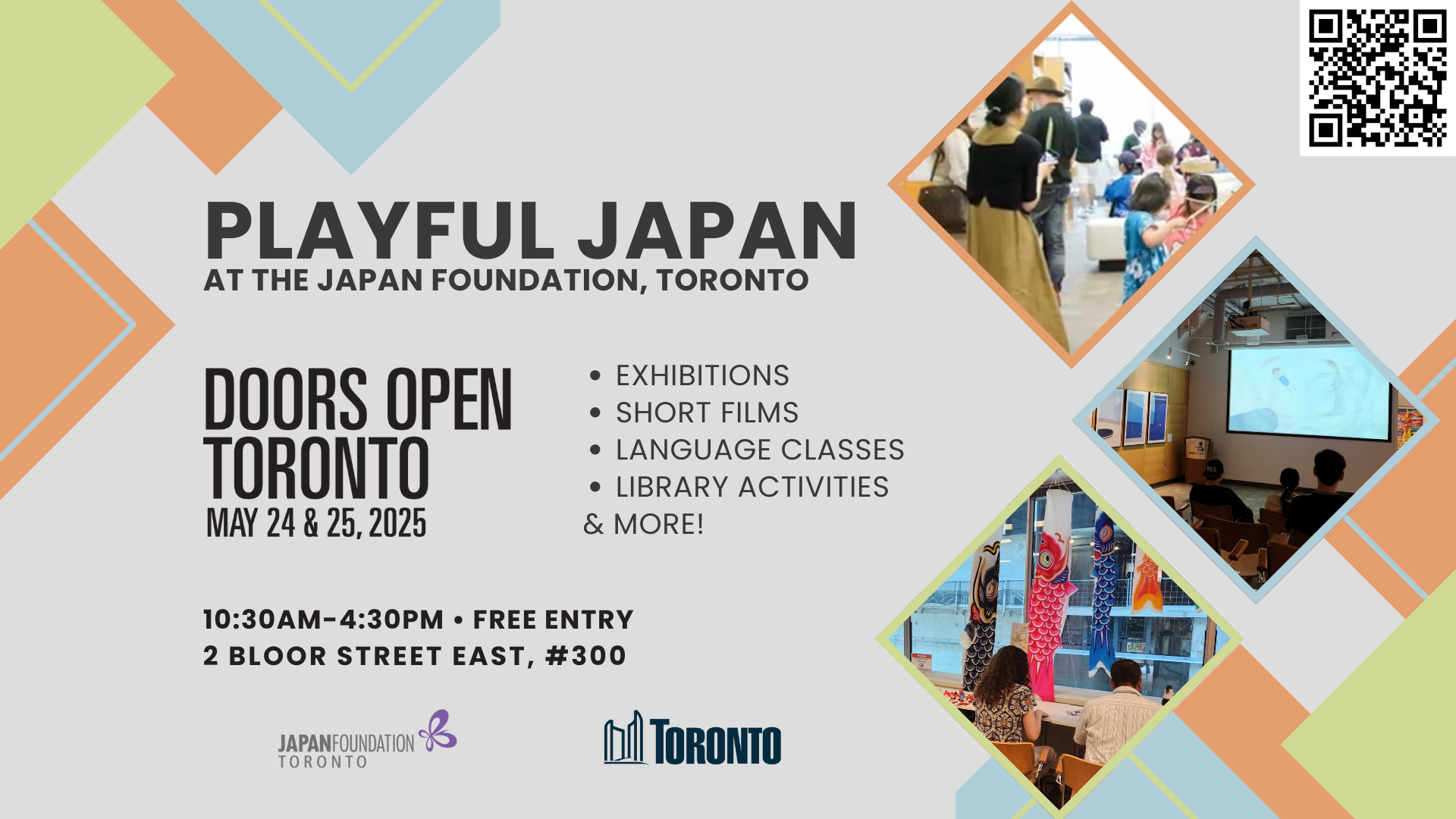
The Japan Foundation, Toronto is back for the city’s annual Doors Open event! We will be opening our doors on Saturday, May 24 and Sunday, May 25, along with more than 100 other buildings and sites across Toronto. We are pleased to present our all-ages programming under the banner of Playful Japan for everyone to enjoy.
We will be open from 10:30 AM – 4:30 PM on both days. Join us for a special weekend filled with short films, exhibitions, library activities, language games, and fun for the whole family!
Registration are encouraged for some activities, but drop-ins are more than welcome! Please check the full details below to learn more about our activities.
Stay updated with us by following us on social media (Instagram, Facebook, Twitter) and subscribe to our weekly newsletter.
Doors Open Toronto 2025 Activities
Saturday, May 24 & Sunday, May 25

JFT Staff Mixtape – Vol. 3: Sounds of Play
What songs do we turn to when we want to feel playful and energized? Our staff share their favourite Japanese tracks tied to the theme of “play,” along with short personal reflections. Tune in and take a bit of JFT joy with you!
Read our staff testimonials for volume 3 and listen to the mixtape here.
QR codes will be available on-site for you to scan so that you can listen to the playlist after your visit.
You can also listen to our previous playlists from 2023 and 2024.
Arts & Culture
Design Exhibit Double Bill
We have two concurrent exhibitions at the gallery: Built Environment: An Alternate Guide to Japan and Hiroshima Appeals: A Poster Exhibition of Global Messages. The exhibitions will be open for public viewing with extended hours (10:30 AM – 4:30 PM) on both days.
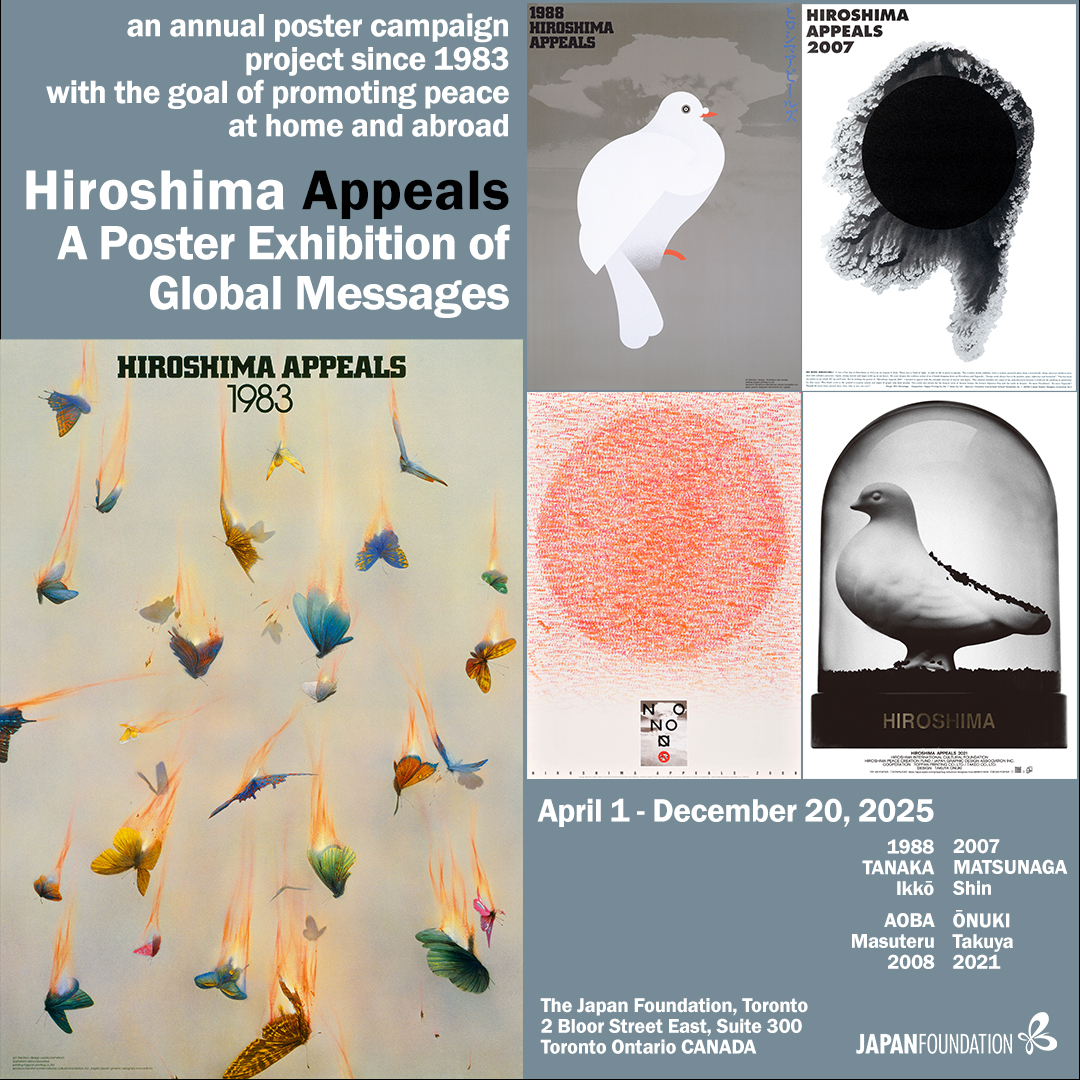
Hiroshima Appeals: A Poster Exhibition of Global Messages
In commemoration of the 80th anniversary of the end of World War II and the atomic bombings of Hiroshima and Nagasaki, the entire annual series of the Hiroshima Appeals poster project is exhibited.
Initiated by JAGDA Hiroshima and Hiroshima International Cultural Foundation, and currently also operated by The Hiroshima Peace Creation Fund, the series demonstrates remarkably sustained continuity and ongoing efforts of world-wide compassion. The series consists of 28 posters, headed by KAMEKURA Yūsaku’s masterpiece “Burning Butterflies” 1983, continued with an unbroken sequence of works of high artistic excellence.

Built Environment: An Alternate Guide to Japan
The Built Environment exhibition features 80 examples of buildings, civil engineering works and landscapes, etc., from all of the prefectures in Japan, which are introduced through photographs, text and video images. It presents a rarely considered aspect of Japan, taking the built environment of the various regions of a country that is geographically diverse and often struck by natural disasters, with the aim of examining how Japanese people have engaged and struggled with the natural environment and how they have carried on and created locality.
Notice: Limited Access for This Exhibition
Due to the installation layout, hallway space for this exhibition is limited, which may make access challenging for wheelchair users and those with mobility equipment. We sincerely apologize for any inconvenience and appreciate your understanding.
Pre-registrations are open for both exhibitions, but not mandatory during Doors Open. Pre-registered guests will have priority entry to our exhibitions if we are at full capacity.
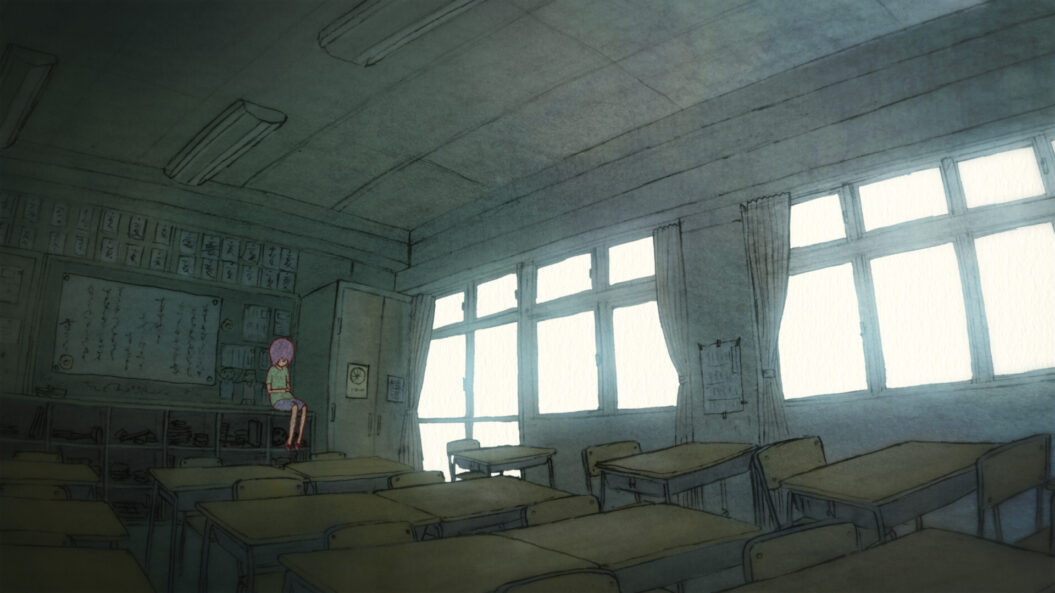
Short Films Program
Discover a curated program of short films exploring the many meanings of “play.”
With a total runtime of just under 60 minutes, the program features a dynamic mix of animated and live-action shorts. Half of the lineup is curated by acclaimed animator and professor YAMAMURA Koji, showcasing inventive animated works by current and former animation students of the Tokyo University of the Arts. The other half is selected by SAMANSA, a Japanese streaming platform specializing in short films, bringing together fresh and playful live-action pieces.
The film program runs on alternating timeslots with language activities on Saturday and loops continuously on Sunday.
Read more about our selection of short films here.
Language Education (Saturday May 24 only)
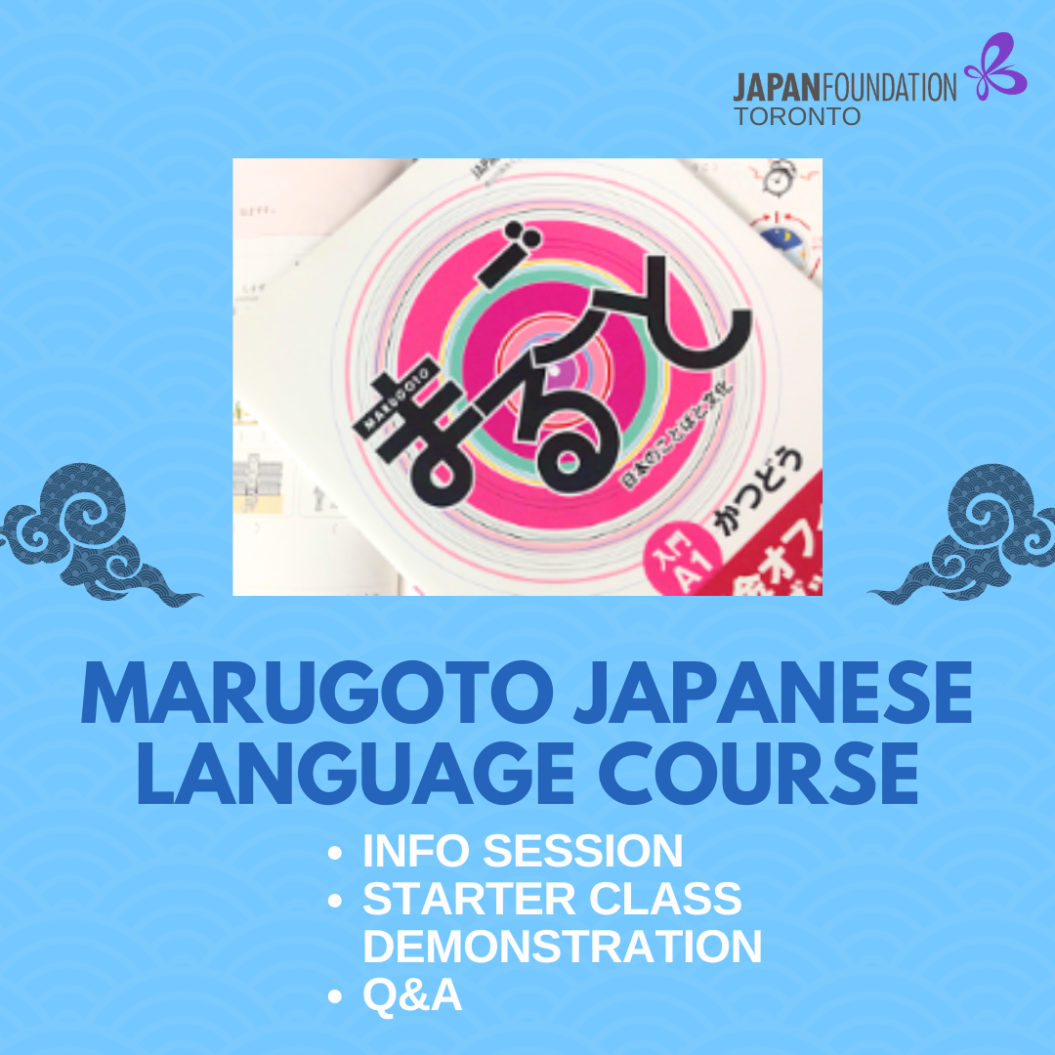
Marugoto Japanese Language Course (11:30 AM – 12:30 PM)
Curious about learning Japanese? Join us for an info session about the Online Marugoto Japanese Language Courses offered by the Japan Foundation Toronto, and take a 20-minute Marugoto Starter (level 1) demonstration class with our instructor! This sample class is intended for those who have not studied Japanese before. Our staff will be available to answer questions related to the Marugoto Japanese Language Courses throughout the day/during the Japanese Language activity timeslots.
Pre-registrations are open, but not mandatory during Doors Open. Pre-registered guests will have priority to the activity if we are at full capacity.
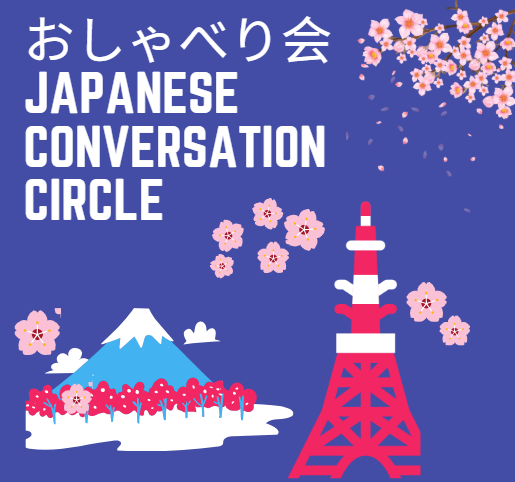
Japanese Conversation Circle (1:30 PM – 2:30 PM)
Looking for fellow Japanese speakers to practice your speaking and listening skills? Join our Japanese conversation circle where learners will be grouped by their language level and talk with our Japanese-speaking volunteers and other participants. Observation of the conversation circle is welcome too! (Registration is not required to observe.)
Pre-registrations are open, but not mandatory during Doors Open. Pre-registered guests will have priority to the activity if we are at full capacity.
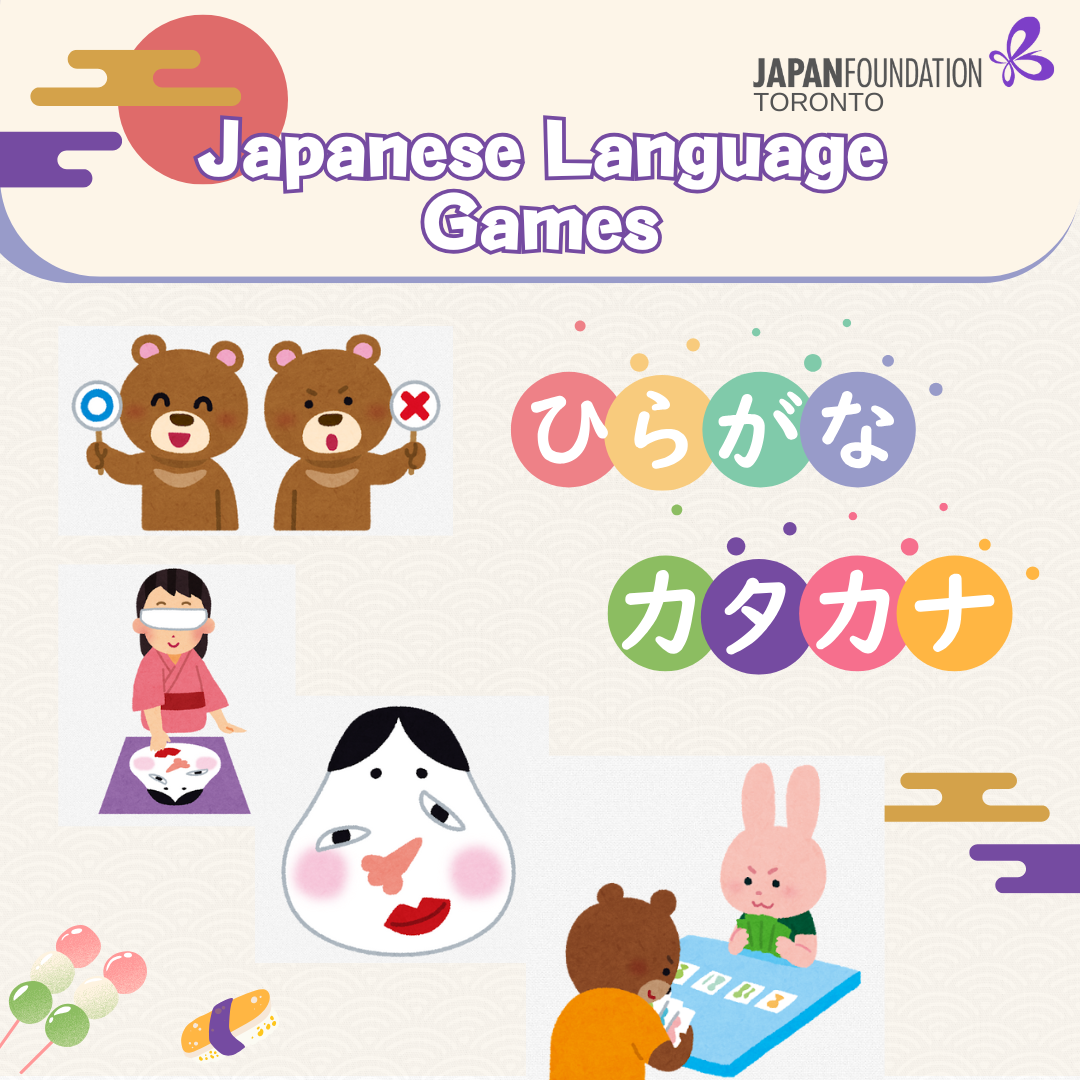
Japanese Language Games (3:30 PM – 4:30 PM)
Play Japanese language related games, write your name in Japanese, and more! Learn Japanese writing characters and basic Japanese words while having fun!
Pre-registrations are open, but not mandatory during Doors Open. Pre-registered guests will have priority to the activity if we are at full capacity.
Library
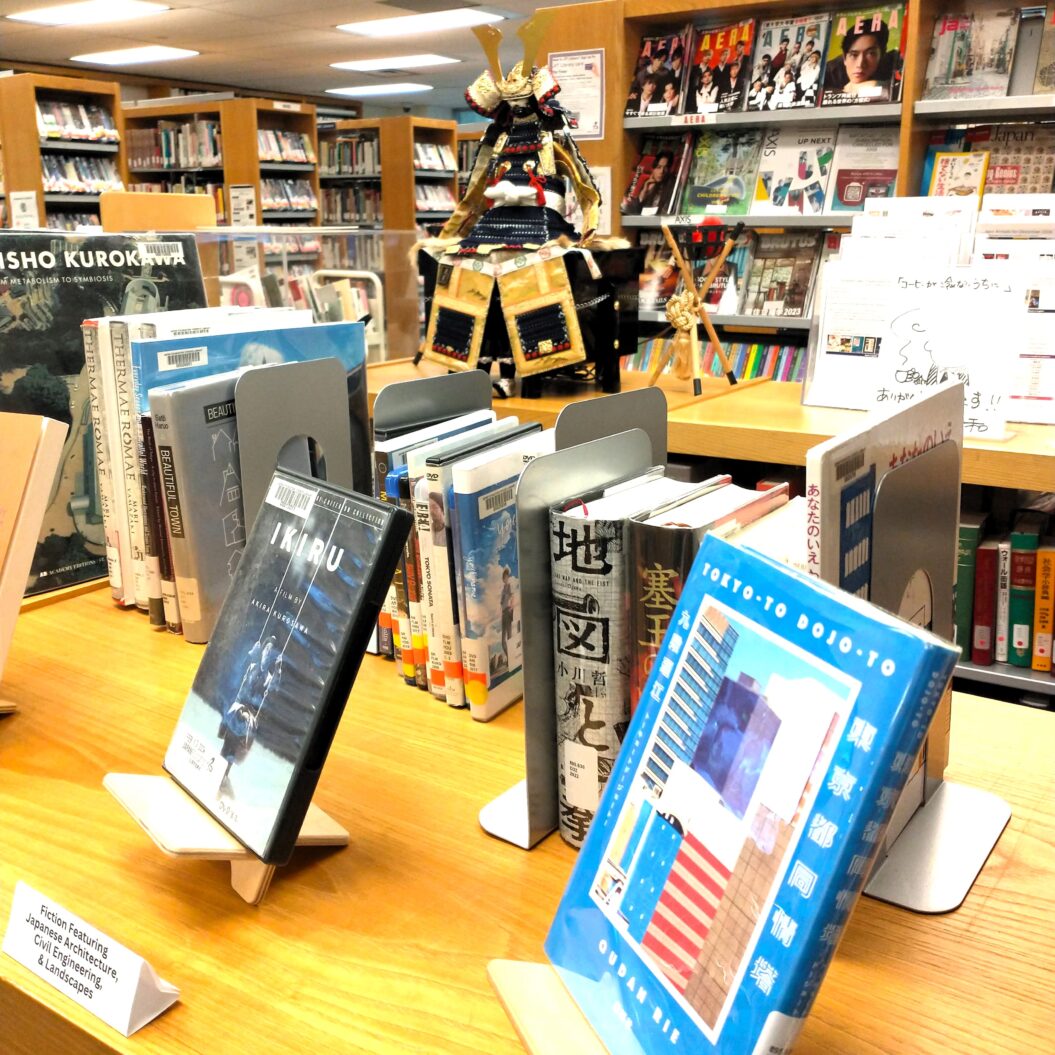
Extended Library Hours
Our library will be open with extended hours (10:30 AM to 4:30 PM) on both days.
Visitors are welcome to browse our collection of 20,000+ Japan-related books, manga, and audio-visual materials, covering a wide range of topics including language study, art, literature, history and culture.
If you’re new to our library, bring your photo ID along with proof of current address, and we can help you sign up for a library card. Plus, join in on special “Play”-themed activities celebrating Japanese culture! More details below.
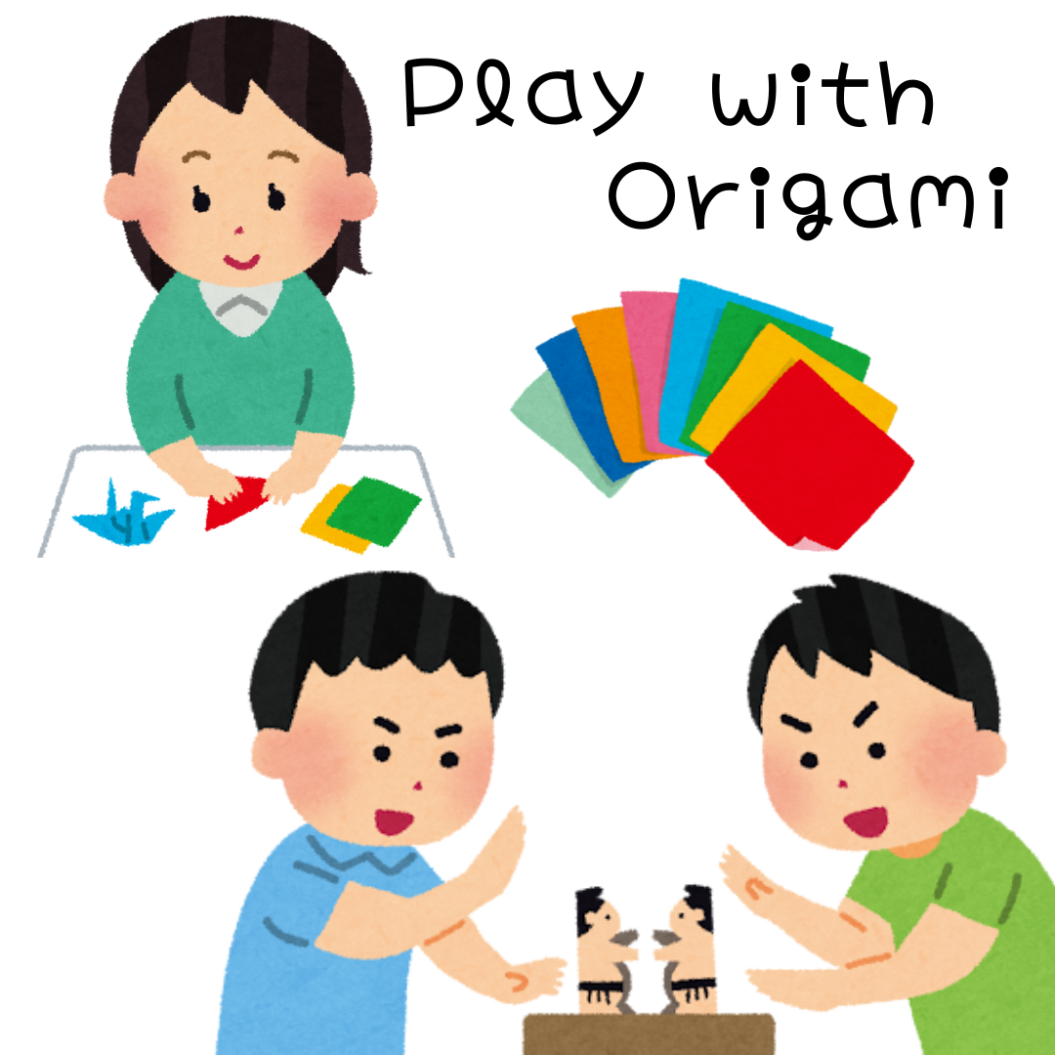
Play with Origami! — Crafting of Origami Sumo Wrestler “Tonton Sumo”
Learn how to fold origami sumo wrestlers and play “Tonton Sumo.” In this traditional Japanese game, two origami sumo wrestlers are placed on a platform that resembles a sumo ring, facing each other, and the ring platform is tapped from both sides with fingertips to make it vibrate. The winner is the one who remains in the ring without falling. Challenge your friends and find out!

Let’s Play Classic Japanese Games!
Step up to our game tables and try your hand at Go (a classic board game of strategy with the objective of capturing territory), kendama (a ball-and-cup challenge), koma (a traditional spinning top), and fukuwarai (a hilarious “pin-the-face” party game). Perfect for kids and adults alike, it’s a fun way for families and friends to play and learn together!
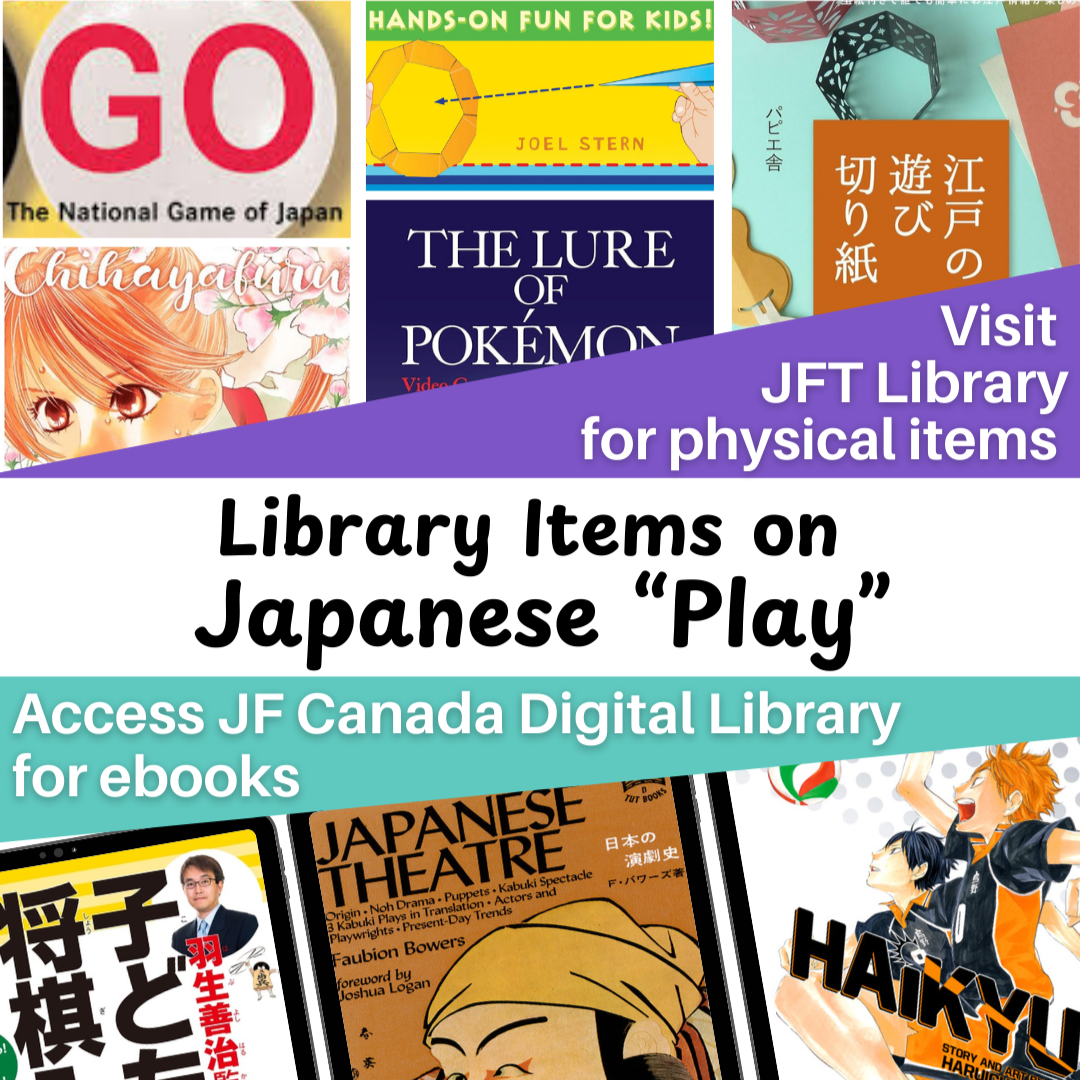
Library Display: Japanese “Play”
Take a closer look at how “play” has shaped Japanese culture and creativity! Our special display showcases books and audio-visual items highlighting the rich world of Japanese games, theatre, music and sports. Dive deep into the playful side of Japan through stories, images, and history!
About the Building
Architecture
Year: 1973
Style: Commercial/Industrial
Original Architect: Crang & Boake
Building Description
Located in the heart of the city, Japan Foundation Toronto (JFT) is on the third floor of the 35-storey Hudson Bay Centre, which comprises a 535,000 square feet office tower, the Bay department store, Marriott Hotel, condominiums and an extensive retail concourse with a variety of shops and services. The tower stands at 135 metres in height and is at the northeast corner of Yonge and Bloor Streets. The International Style office skyscraper was designed by architects Crang & Boake in 1973. The Japan Foundation, Toronto established its office and cultural centre in the Colonnade in 1995 and was designed by international and Canadian design icon Yabu Pushelberg. In 2015, the office moved to the current location and was designed by the global firm Interior Architects. The inspiration of the modern interior can be traced to design elements of traditional Japanese interiors.
